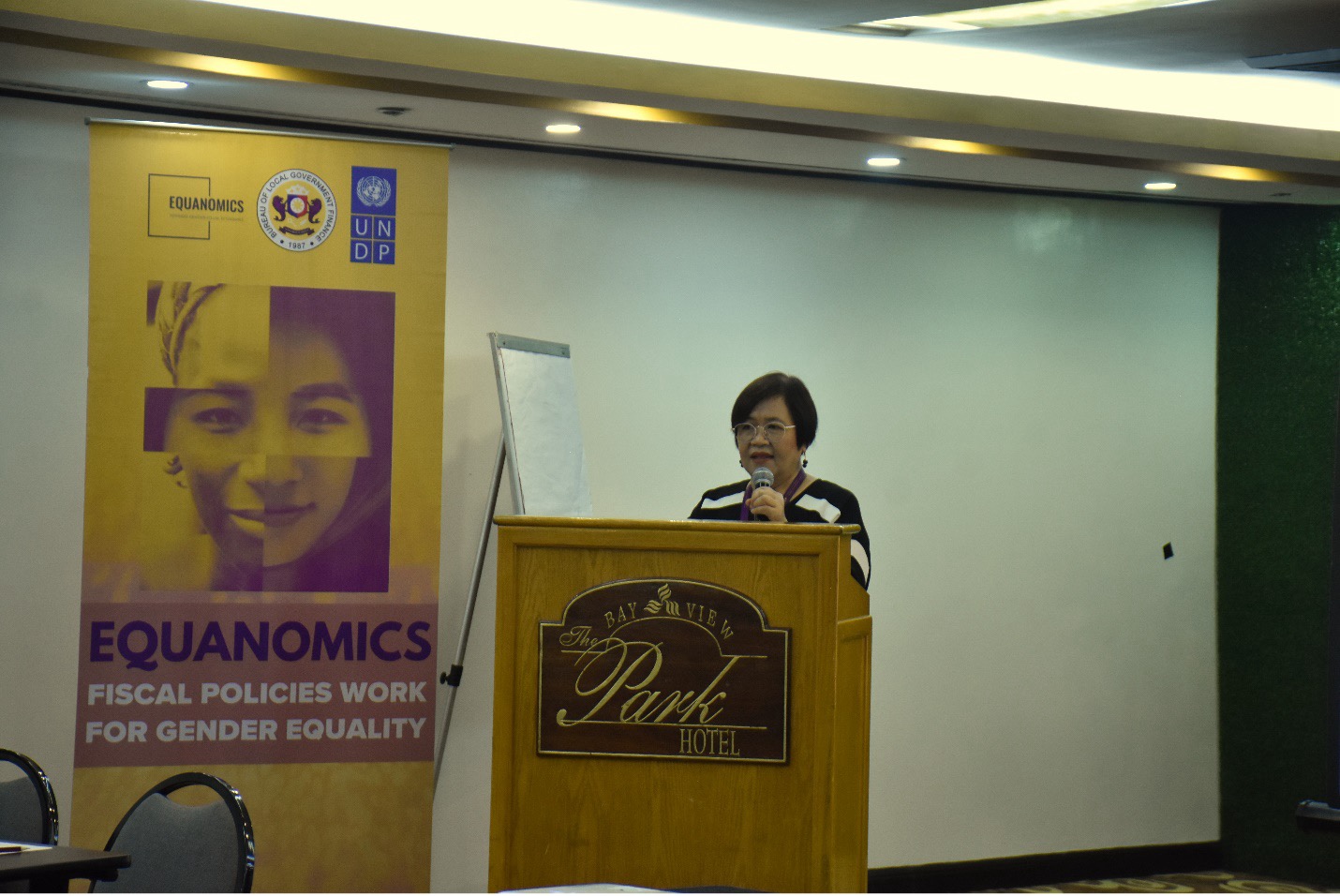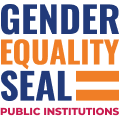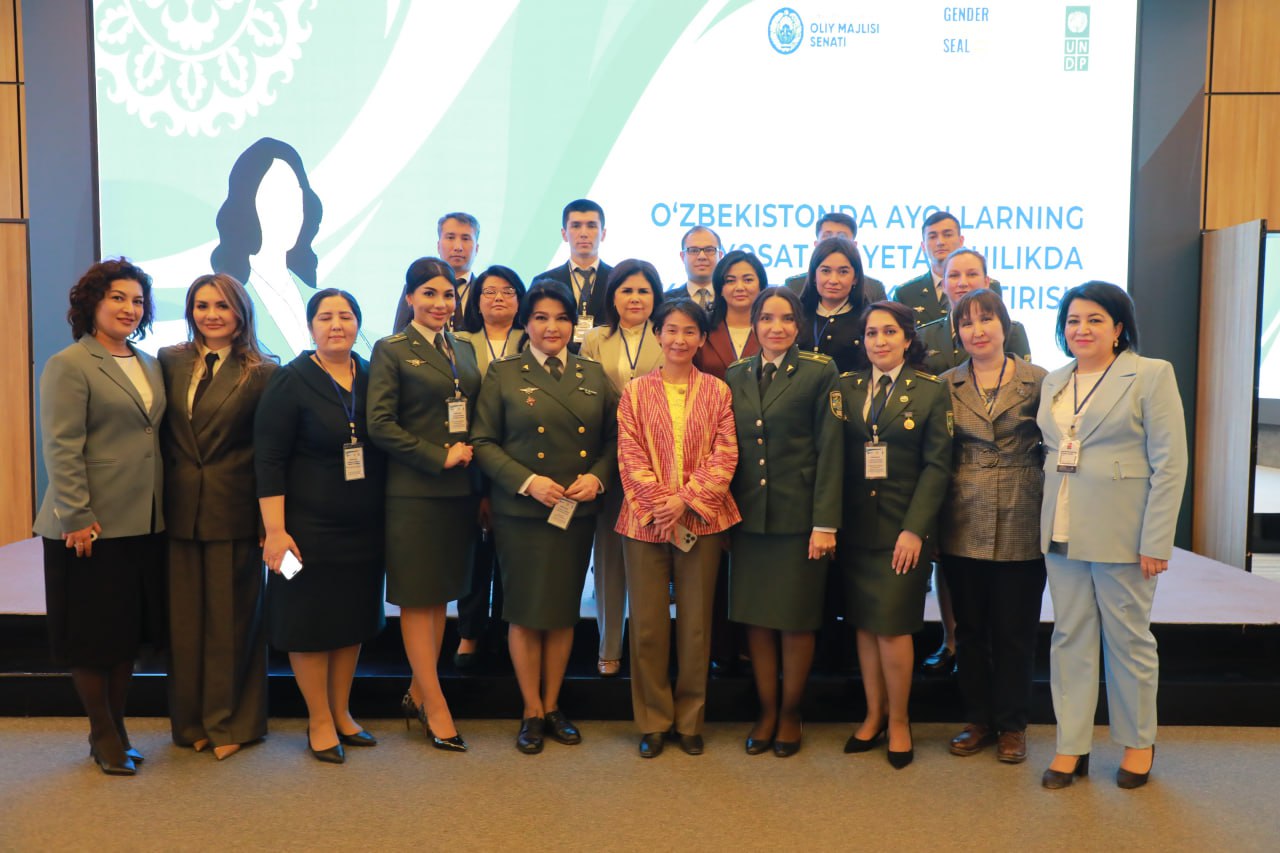A three-day capacity-building and planning workshop on local taxation and the Gender Equality Seal for Public Institutions was jointly organized by the Bureau of Local Government Finance (BLGF) of the Philippines and UNDP from 24 to 26 September in Manila. The event brought together over thirty BLGF officers from across the country, including senior policy officers from headquarters, local revenue officers, members of the Gender Equality Focal Persons Group, and the Deputy Executive Director for Administration.
The workshop was organized through the EQUANOMICS Initiative, with the Philippines being one of eight countries currently receiving support to implement gender-responsive tax and institutional reforms, thanks to pooled contributions from the Republic of Korea and Luxembourg to UNDP’s Gender Equality and Women’s Empowerment Funding Window. In the Philippines, EQUANOMICS focuses on how local taxation and administration can be leveraged for gender equality, which includes the implementation of UNDP’s Gender Equality Seal for Public Institutions at the BLGF, equipping the organization to better deliver for gender equality.
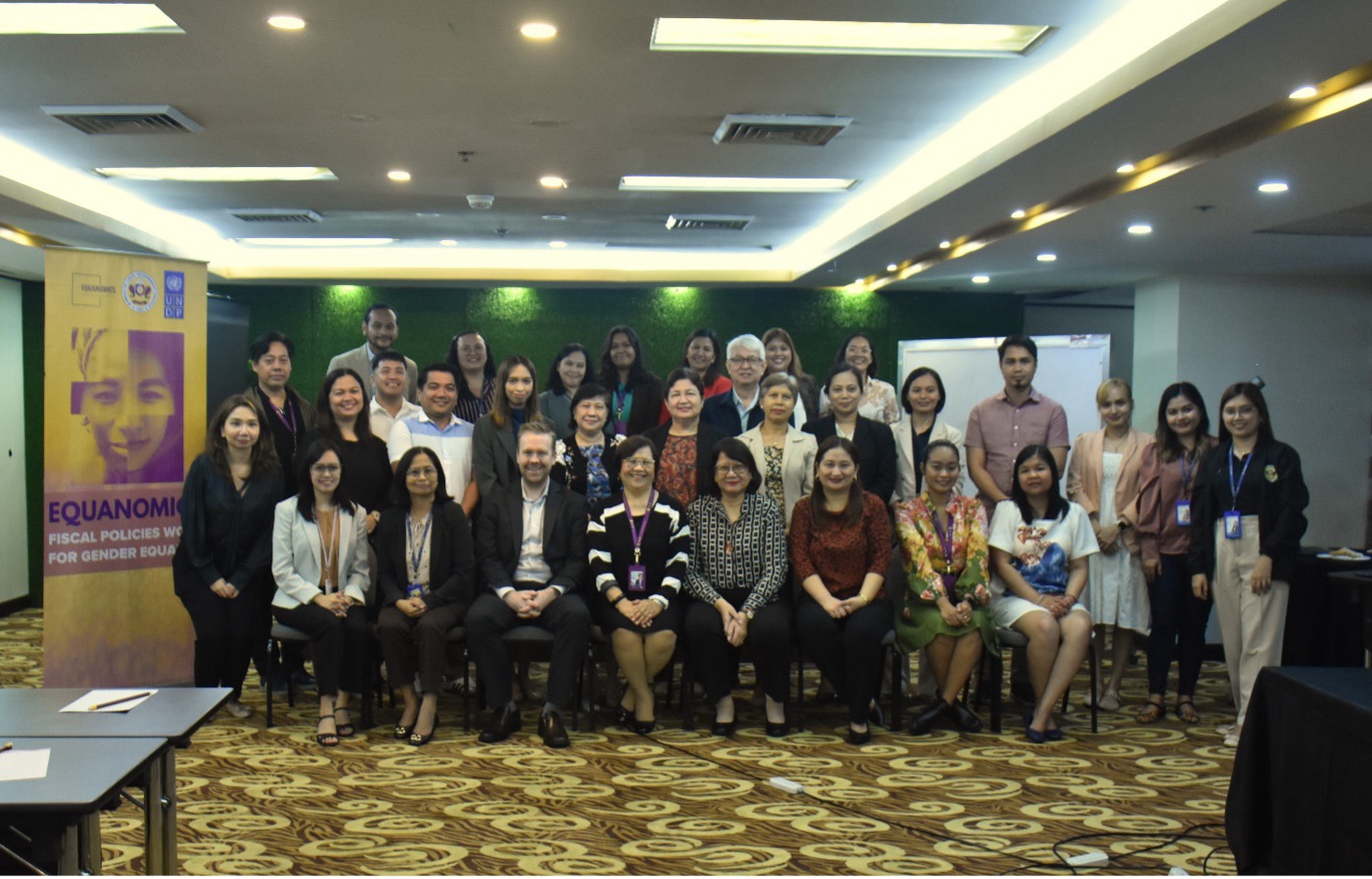
Promoting gender-responsive fiscal decentralization
An integral part of the Department of Finance, the BLGF is responsible for formulating and implementing local public finance policies, including on local taxation and own-source revenue administration of local governments. It also provides a range of advisory and support services to local governments units throughout the country to help them achieve fiscal sustainability. The BLGF is at the forefront of implementing the country’s ambitious fiscal decentralization reforms, which offer a unique opportunity to adopt gender equality as a guiding principle. Since people’s everyday lives and livelihoods are often more shaped by local public finance policies—including local taxes, fees, and public services—this reform can have a significant impact on advancing gender equality.
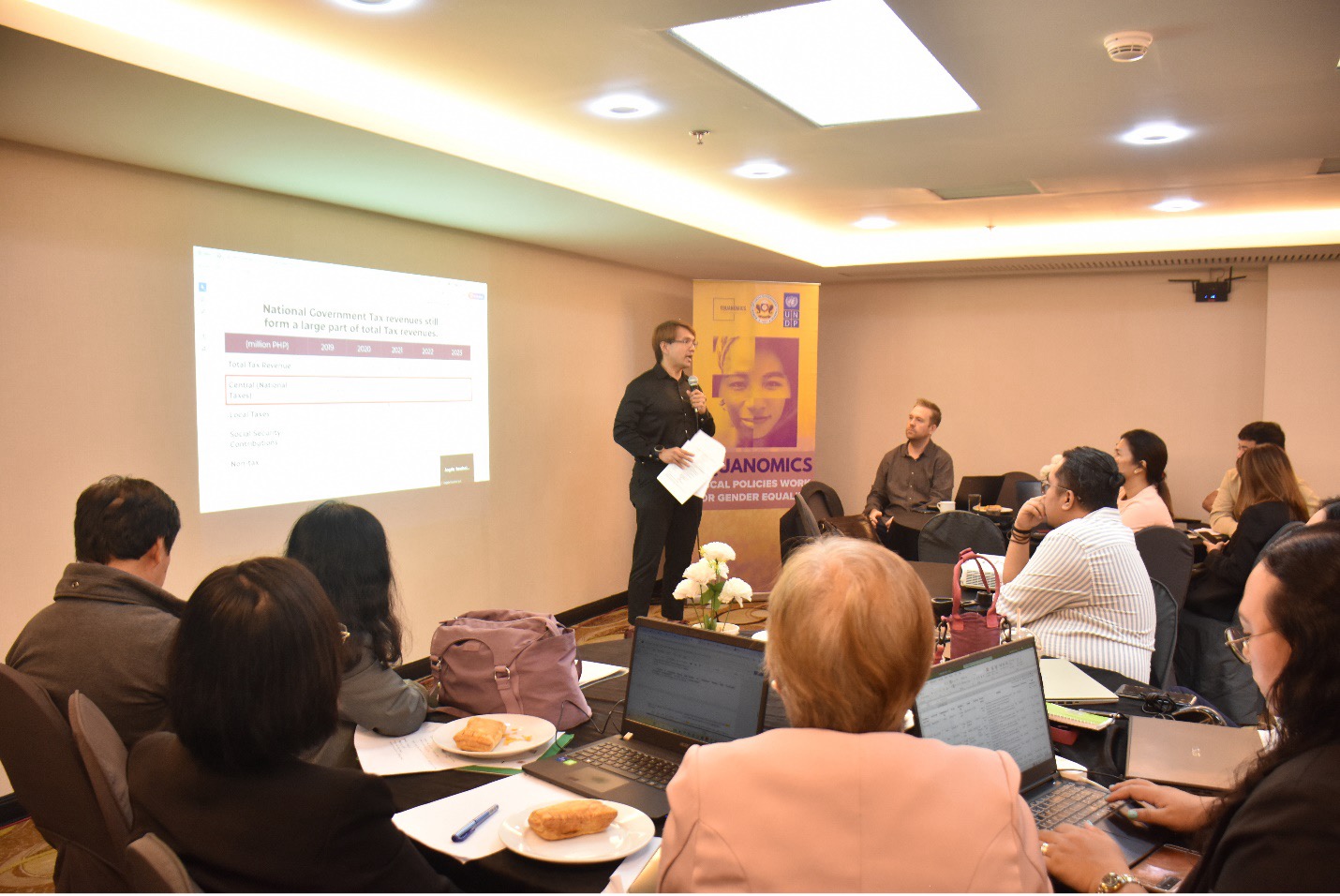
Capacity building and Seal Action Planning
During the three-day workshop, UNDP experts delivered modules on taxation and gender equality, gender-responsive communications, gender-responsive procurement, local revenue generation, and the Gender Equality Seal for Public Institutions. Additionally, officers from the Department of Finance and BLGF led sessions on the country’s fiscal context and local public finance framework, highlighting key challenges. One such challenge is the overreliance on taxes that undermine the progressivity of the tax system which is problematic from the perspective of gender equality. At the local level, for example, the largest source of own revenue comes from a turnover tax on businesses (essentially a presumptive tax).
A dedicated session was focused on how to systematically mainstream a gender equality perspective in local taxation and administration. This includes the potential adaptation of gender mainstreaming tools, such as the Harmonized Gender and Development Guidelines already used in the public sector, to the context of local taxation. Another session explored entry points for gender mainstreaming in the proposed Real Property Valuation and Assessment Reform Act (new property tax law), which is critical because property taxes are the second-largest source of local revenue (after business taxes) and have implications for property ownership of different groups.
In-depth session on the different dimensions of the Gender Equality Seal for Public Institutions were also conducted, followed by joint development and refinement of BLGF’s Action Plan, setting the stage for effective implementation of numerous institutional actions to advance gender equality.
